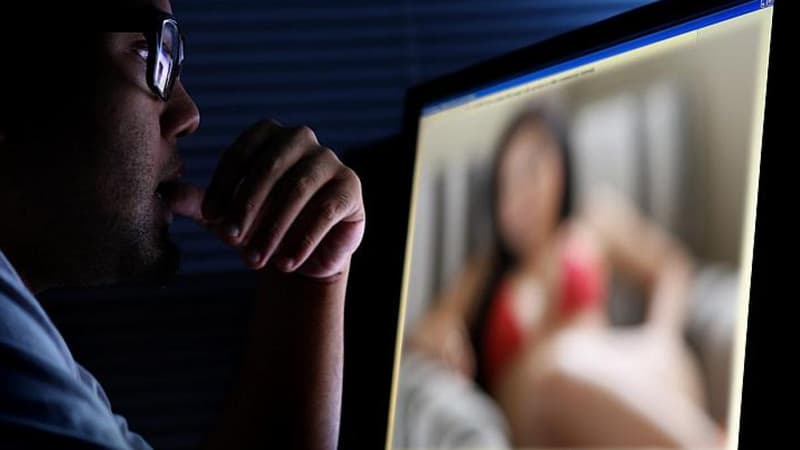At first they thought it was a hoax. In recent weeks, Berliners have been shocked to find a letter in their letterbox on police letterhead indicating a shocking crime: they have illegally shared pornographic content on the Internet. Although the terms are vague and the exact law is not quoted in the text of just one page, they ended up realizing that their Twitter accounts were under attack, according to our colleagues at Wired who interviewed three Internet users linked to the medium X who had received this type of letter. There would be more than a hundred in total if they had received official reprimands.
Freedom of expression versus protection of minors
In theory, however, Twitter is one of the only social networks where sexual content is allowed. Except that in 2022, Germany passed a law that prohibits sharing pornographic content online without certifying the age of the users who have access to it. The objective: to protect minors who may be exposed to it. Twitter does not have a verification system of this type, so the country prohibits posting pornographic photos or videos there.
In December, 32 cases of illegal pornography sharing were reported to the public prosecutor’s office and 104 in March, according to the Berlin and Brandenburg Media Authority. Among the defendants, the couple of porn actors Tim and Julian Blesh, have been managing an amateur porn project for six years in parallel to their main job. An investigator eventually informed them that the police had screenshots of their content and had not taken steps to prevent minors from viewing it. Now they would risk several thousand euros in fines.
Many content creators have been forced to leave the country since the introduction of this law, according to the Free Speech Coalition, the US trade association for the adult industry.
Fines and monitoring
Violators “are exposed by law to a year in prison or a fine,” explains the director of communication and spokesperson for the Berlin media authority, Anneke Plass, interviewed by Wired. But according to her, this fine generally does not exceed 300 euros, without giving rise to legal proceedings.
But actors aren’t the only targets: Two letters were also sent in February to porn researcher Madita Oeming, who until now has been using Twitter to share educational content about the adult industry and sex, not explicit images. She resolved to delete more than 2,000 tweets, and now she must hire a “child protection officer” at her expense (about 100 euros a month) to remain active on the social network. “Since then, I no longer use Twitter as before. I felt a strong sensation of being censored,” the specialist told Wired.
virtual fountain
In their search for the vast haybox that is the internet, German regulators have been assisted since 2019 by a tool that uses artificial intelligence to identify problematic content, whether it be political extremism, Holocaust denial, violence or pornography, for that matter. KIVI, as this system is called, was developed by the Upper Rhine and Westphalia Media Authority and a Berlin-based private company, before its use spread to Germany.
This technology can scan posts from seven social networks, including Twitter, TikTok, YouTube, Telegram and VK (the Russian version of Facebook). It is currently not used on Facebook and Instagram, as these social networks already restrict pornographic content. To identify problematic content, the system relies on a combination of image and text recognition, and is then validated by a human investigator. The use of KIVI would have made it possible to speed up the number of infringement detections, which have reached 5,000 since 2021, according to the Berlin and Brandenburg media authority. But at the moment, it’s impossible to know which reports result from human moderation and which can be attributed to AI.
In France, a law in preparation aims to establish a “digital majority” to access social networks. The text, which must still go through the Senate, establishes that young people between the ages of 13 and 15 will still be able to register with parental authorization. The possible way to guarantee this age limit has not yet been fixed.
Source: BFM TV


